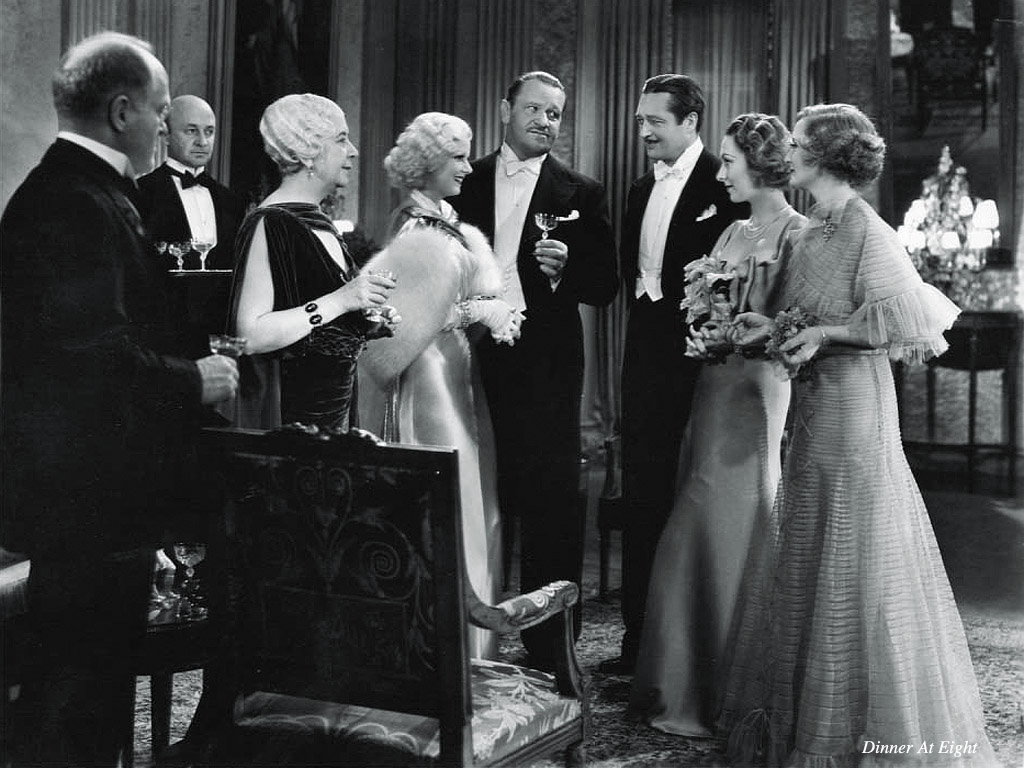A Wedding subscribes to the “let’s throw a bunch of shit at the wall and see what sticks” philosophy of Altmanic moviemaking. In this case the “bunchashit” are people and the “wall” is a lavish wedding party. The result is a dead grandmother of the groom, a sister of the bride pregnant with the groom’s child, some more deaths, an entire relationship arc of the “cheating” mother of the bride, Leonard Cohen covers, an old fashioned brotherly beating by the father of the groom and so on and so forth. A Wedding is, of course, a comedy, and a quite funny one. Wait, did somebody say a comedy with dead grandparent hijinks?! Where have we seen that before? Hmmm, possibly in National Lampoon’s Vacation or the uncomedy in the most serious movie ever made, The Grapes of Wrath? Nope, can’t think of anything else. I digress.
Somehow a movie with 48 speaking parts is able to go down easy and feel light, despite its reflective, serious moments. This is the big-budget action extravaganza (the Independence Day) of situation ensemble comedy. Like Gosford Park, the best of Altman’s “situation” movies (the only other being A Prairie Home Comapanion), there’s as much fun to be had with trying to keep characters straight as there is with the rich content. The most daunting task is following a flock of lovely redheaded ladies, many of whom are the spawn of mother of the bride, the very funny Carol Burnett. Her daffy country charm extends to her daughters; the bride (Muffin) is innocent and ignorant, whilst her sister (Buffy), played by Mia Farrow, acts the innocent country charm, but is quite the promiscuous girl. Ms. Farrow is something to behold, as she barely speaks a word and manages to steal most of her scenes with just a shrug.
On the male side there are many more redheads from both sides of the aisle including a rather large man who does his best to romance the married Ms. Burnett. Other than he and an Owen Wilsonish (wedding crasher!) college roommate of the groom, the men are far less interesting than the women. Luckily the women get the bulk of the attention as the mother and aunts of the groom scheme for the opportunity to tell everyone that their mother has died, but the men are mostly boring. Luckily, with 48 characters and chaos piled upon chaos, a little weakness only goes so far to be a minor annoyance.
A Wedding is regrettably underseen due to its lack of star power and being from that obscure post-Nashville pre-The Player portion of his career, when he continued making great movies. A Wedding makes a stellar pair with Nashville, acting as its less serious bridesmaid. Currently it is only available as part of a box set, but sometime soon it is due out on its own, hopefully with the incredibly informative (hopefully larger) movie poster.




